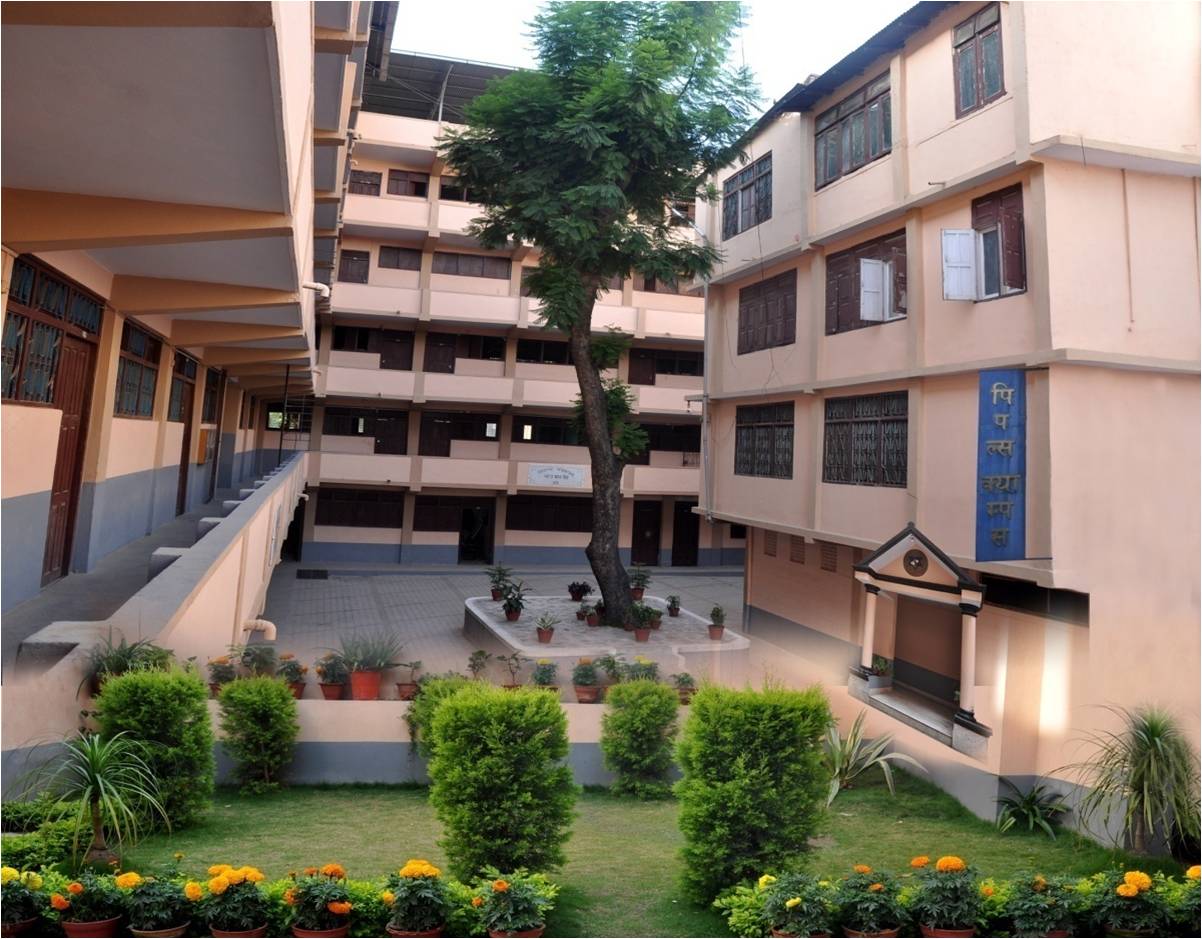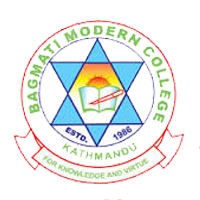Overview
Bachelor of Business Studies (BBS) at People’s Campus, Paknajol, Kathmandu
Bachelor of Business Studies (BBS) at People’s Campus, Paknajol, Kathmandu runs under Tribhuvan University (TU) in a four-year annual examination system.
You study core areas of accounting, economics, business law, statistics, finance, marketing, human resource, and research methods.
The program fits Students who want a clear route into commerce, public administration, small enterprise, or further study in management in Nepal.

Overview
People’s Campus delivers BBS in a community-based, non-profit setting. Teaching takes place in the main and annex blocks at Paknajol. Students use classrooms, three computer labs, a library with a sizable collection, and an e-library for digital reading.
Academic and administrative work flows through an Education Management Information System. Security coverage helps keep study spaces orderly. The timetable runs in morning and day shifts, which supports commute needs and part-time routines.
Highlights
-
TU-affiliated, four-year annual exam structure
-
Strong base in accounting, economics, business law, and finance
-
Practical exposure through case tasks, short projects, and presentations
-
Access to library, e-library, computer labs, and an auditorium for events
-
Section-wise mentoring and counselling for course planning
Curriculum Details
The BBS curriculum follows TU’s annual plan with a mix of foundation, functional, and applied courses across four years. The department shares a yearly plan before classes begin so you can track chapters, internal tests, and exam checkpoints.
Foundation coverage
-
Principles of Management and Organizational concepts
-
Micro and Macro Economics for business decisions
-
Business Mathematics and Statistics for analysis
-
Business Communication and report writing
Functional coverage
-
Financial Accounting; Cost and Management Accounting
-
Marketing Management and Consumer Insight
-
Human Resource Management and Labor Relations
-
Financial Management and Working Capital Basics
-
Business Law and the Nepalese Business Environment
Applied and research elements
-
Research Methods and term papers
-
Section-level projects and case analysis
-
Viva and presentation components tied to core subjects
Exact sequencing follows the department’s yearly schedule and TU instructions. Students receive reading lists, assessment dates, and guidelines for project submissions at orientation.
Objectives
-
Build a strong base in accounting records, costing ideas, and financial statement reading.
-
Strengthen economic reasoning for prices, demand, markets, and policy context in Nepal.
-
Develop clear writing, tabulation, and presentation habits for business reports.
-
Prepare Students for entry-level roles in commerce and for postgraduate study under .TU
Scope
Graduates move into roles across accounting support, sales coordination, office administration, customer relations, and banking back-office functions. Many Students continue to MBS at TU or move to other recognized master’s programs in Nepal. Some pursue professional credentials or plan small business activity once they build experience.
Learning Outcomes
Students completing the program should be able to:
-
Prepare basic financial statements and cost sheets and explain the accounting cycle
-
Interpret market data and summarize pricing, demand, and competition in plain terms
-
Draft short business reports with tables, charts, and references to sources
-
Present ideas using concise slides and structured notes during viva or seminars
-
Work in groups using clear roles, simple timelines, and documented handover
Skill Development Modules
-
Quantitative practice: Ledger posting, bank reconciliation, depreciation sets, ratio snapshots
-
Analytical reading: Short cases on local firms and sector notes drawn from recent news
-
Digital work: Spreadsheet tables, pivot summaries, and charts in the computer labs
-
Communication drills: Emails, memos, minutes, and two-to-five minute talks
-
Library habits: Reading logs, citation basics, and source evaluation for term papers
Teaching Methodology
Faculty publish a term plan that lists unit coverage, internal tests, and submission dates. Course progress is tracked with teacher log sheets and section-level reviews so pacing stays on target.
Classes combine lecture, guided Q&A, group discussion, and student presentations. Extra sessions run when a section needs closer help on topics such as cash flow snapshots, marginal costing, sampling, or elasticity. Guest sessions from practice and alumni circles add workplace context. Student feedback informs pacing and revision classes before annual exams.
Admission Requirements
-
Eligibility: Minimum D+ grade in each subject of Classes 11 and 12 (or equivalent)
-
Entrance: Campus entrance test as per People’s Campus notice
-
Campus round: Short interview and document check
-
Documents: 10+2 transcripts and character certificate, ID copy, recent photos
-
Seat plan: Announced in the annual admission notice with dates and instructions
Applicants confirm final section allocation during enrollment. Students who require grade improvement follow the latest NEB rules before admission or within the permitted window.
Career Opportunities
BBS opens routes to:
-
Accounting and audit assistance in firms and SMEs
-
Banking support roles in customer desk, teller operations, and back office
-
Sales coordination and client service in goods and services companies
-
HR support, payroll assistance, and training coordination
-
Logistics and procurement support in trading units
-
Postgraduate study leading to mid-level roles once experience is added
Scholarships and Financial Aid
People’s Campus announces merit-linked admission scholarships for BBS each intake:
-
A+ (≥ 90%): 60%
-
A (80%–89.99%): 30%
-
B+ (70%–79.99%): 15%
-
B (60%–69.99%): 10%
Additional provisions apply across bachelor programs:
-
Semester topper: monthly tuition fee waiver for the top performer
-
People’s Campus loyalty: +5% for Students who completed +2 at People’s Campus, added to the admission scheme
Scholarship seats are limited and follow the annual policy. Applicants check the current notice for deadlines and documents.
Why Choose This Course?
-
TU affiliation and a well-known annual structure in Nepal
-
Strong pathway to MBS or other recognized master’s programs
-
Regular presentations, small projects, and case tasks that build confidence
-
Library, e-library, and lab access that supports daily study work
-
Mentoring, counselling, and revision support at section level
Conclusion
BBS at People’s Campus offers a steady way to learn accounting logic, economic reasoning, business law, and finance in a structure that suits Nepal’s job market and higher study routes. You practice number work, write concise reports, and speak to your findings in class. The program helps you progress from secondary learning to workplace expectations and master-level study with clear steps and consistent guidance.























